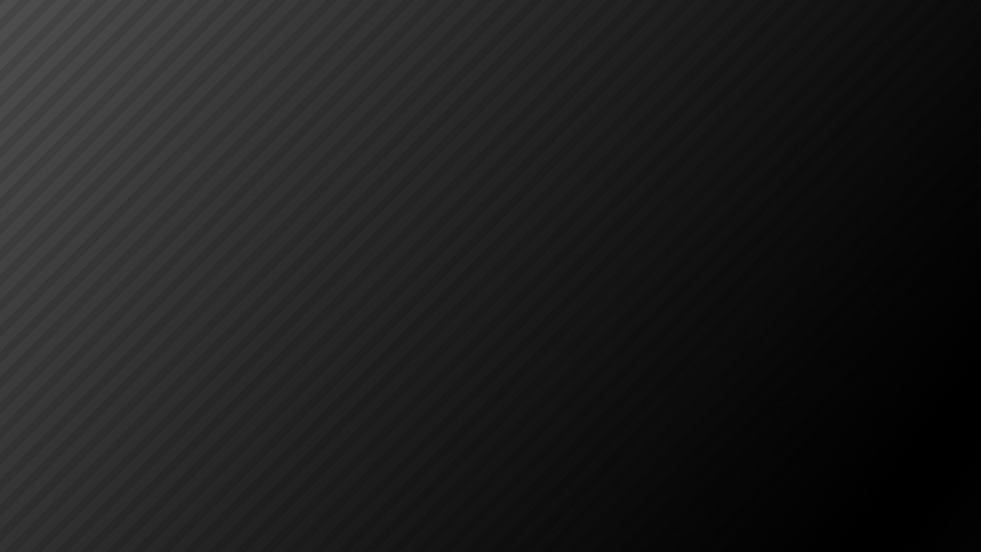
DYLAN BRINKMAN
VOLLEYBALL | FOOT INJURY

Hey! I'm Dylan.
My favorite quote is:
"Life is a gift that’s why they call it the present."


Watch Dylan's story here:

FULL INTERVIEW
Hi, my name is Dylan. I'm a student at UT Dallas. I'm a senior right now and I used to play volleyball. I played since I was about eight years old until I was 21.
What was your injury?
So my injury that put me out for a whole season my sophomore year was I broke my foot. It was a Jones fracture. And we were doing a strength and conditioning exercise kind of like physical fitness once you get back from summer. And we were doing, it's called the leg challenge and one of the challenges is doing however many step ups basically as fast as you can. And when I came down, I just landed on the side of my foot and it just cracked. So that put me out and it took two and a half to three months to heal. So basically put me out the whole season. And then right before that, I got in a golf cart accident and I just had a major lesion on my face. didn't crack my skull or anything. But it just took me out of working out and getting prepared for a season just because I basically the only way to recover was to not get my blood pressure up so that the seams wouldn't burst.
How long did those recoveries take?
In order for me to start exercising for the face injury, it was about one and a half months probably. It was just whenever my cut was totally closed and then my foot took about two and a half to three months.
What did you have to do in order to recover from those injuries, did you have surgery, did you do rehab?
I had to get surgery for both of them the foot one I just basically got a screw put in to hold the bone together and then eventually it just healed around the screw, the screw's still in there but that's just how they fixed it. And I had to do rehab for it and basically get a lot of rest. I couldn't be on my foot for a while, I was in a knee scooter for six weeks and then I had to be in a boot after that. So just a lot of not doing anything except for rehab,
How many hours a week of rehab and how many days a week did you do it?
So for five days a week, I would do rehab for about two hours and then for the other two, I'd probably do it for maybe like 30 minutes to an hour just because my rehab since it was a bone injury and not really like ligaments, tendons, muscles, anything like that. It was really just strengthening, kind of getting those muscles back. And then, I didn't really have to do extensive things for tendons or ligaments, so basically just strengthening.
What was your immediate reaction following your foot injury? Could you tell that you broke it?
So right when I broke my foot, I heard a crack, I've sprained my ankles probably about eight or nine times in my life so I know exactly what that feels like, I've broken my ankle one. So I felt the crack and my immediate reaction is Are you kidding me? I just got back from my head injury about two weeks ago and now I broke my foot, my season's over you know, I've worked hard all summer all offseason, just so I could come back my sophomore year and you know, now I have to be out for a whole season and it was just more of an "Are you kidding me?" kind of reaction.
As time went by, after that immediate injury how would you say your mental health changed?
I would say it progressively got better. But those first like two three weeks were really hard. I just didn't really know what to do with myself. And I've never been injured in season to where it put me out for the whole season. So knowing that was really hard and then seeing all my teammates practicing and playing games while I was just in the training room for a lot of the time, having to do like leg lifts over and over again and ankle strengthen strengthening exercises over and over and over again. I knew it was beneficial for me to do those things, but it was really hard watching everyone else around me, you know, get to have a lot of fun and I was just on the sidelines watching.
How did you cope with feeling left out?
Just because I was injured didn't mean I couldn't contribute physically on the court, there are things that I could do off the court that could help my teammates. So I basically did, it's just from the outside looking in, I'll try to help my teammates more in the mental part of the game strategizing, what was I saying that they couldn't see and just kind of communicating with them that way and trying to help them play smarter, not harder. So just kind of taking on a role that way.
How long was it until you could get back on the court and be able to play?
That would probably be about two and a half months before I could like serve and stuff. But you know, about more of the three month mark three and a half was when I could really start playing. Because I knew that, I had all my orthotics that I needed to protect my foot. Everything was healed so I could really do everything around that mark, which is right about the end of the season.
What was the biggest mental roadblock you encountered during your recovery?
Honestly, most of the frustrations stemmed from just my day to day life. Not being able to do things on my own. I've never been a very dependent person and with being on a knee scooter all the time and not really getting to move around very easily or geting up easily, going up and down stairs, things like that it was really hard having to like depend on others to do things for me and help me out, that was really hard for me to come to terms with because I just wanted to do everything myself pretty much. And just knowing that all the hard work that I'd put into, in years past, I felt like I lost all of the training I had done and everything that I could do to get better physically.
Who would you say was your main support system? Who did you surround yourself with?
Well, long distance of course, my family was a huge support system, but immediate support system, I would say actually made rehab a little more tolerable because I got to do it with one of my other teammates, so that she was a huge support system for me and I felt like we could kind of lean on each other whenever we were having our harder days. So that really helped me get through it because I knew that she was going through something similar. So my roommates were two volleyball players. So when they'd be traveling on the weekends or being wherever they were for volleyball I couldn't be there because I was injured so my boyfriend pretty much took care of me. So I couldn't have done it without him.
Would you say that your relationship with these people improved after your experience?
Yeah, I felt like I was a lot closer to everyone afterwards. Because I just I wouldn't have had that kind of experience in being able to talk through everything with those people, really getting deep with my support system. I just feel like I'm a lot closer than I would have ever been if it wouldn't have happened. That also goes for my teammates and coaches because I connected with them on a different level level than I had done before.
Was the journey to recovery harder than you initially thought it would be? In other words, how mentally prepared for you for recovery?
Well, pretty much when things happen. I don't know why I always think of the worst possible scenario. So, honestly, rehab wasn't as bad as I thought it was going to be. So I don't know, I just thought something that's gonna put me off with the season like, Oh my gosh, it so daunting to have to do that for so long. And then once I, you know, realized found a way to cope with my mental struggles, and could contribute to the team in different ways. That really helped a lot. So it wasn't as bad as I thought it was going to be once I kind of got over that hump and just made little goals for myself to kind of get me to the next day or the next week.
Now that you've overcome your injury, would you have changed anything in the process if you could go back?
Honestly, I don't really think I would have changed anything just because everything turned out okay. In the end, it just took a while for me to realize that and get there.
What is something positive that emerged from this experience?
So I feel like I was able to talk to more people and you know, do more things that I wasn't able to do, having volleyball 24/7 all the time. So I reached out to friends from home that I hadn't been able to, people that I see outside of volleyball. I got to kind of connect with them more than I had before. Something positive that came out of this experience was getting to reach out to people that I only got to see every so often, I wasn't really close to them, but I wanted to be closer friends with them, but it was hard when my whole life was pretty much volleyball. So, you know, I kind of learned that there's more to life than just your sport. And so that was a good thing that came out of it.
After your after you recovered like were you able to come back for another season?
I was able to come back from my injury and you know play with no problems with it, but would get a little achy of course, just because whenever season did start, it had been a long time since my foot had gone through, intensive physical activity.
When you were playing after injury, did you have hesitations when you were back on the court?
So I was able to play in the offseason following my injury. And I definitely was afraid that I would reinjure myself and you know, what if I break it again, So that was definitely something that would kind of like hold me back from going all out. And then after a couple weeks of offseason I had a follow up appointment with my doctor and he said, there's no way your foot can break again with the screw in here and I was wearing the proper equipment that I was supposed to protect it so once he kind of gave me that reassurance, then I didn't really feel that anymore. And then I was like, maybe I'll try to dive or you know, do sharp movements and then, once I did just a couple times worked my way into getting comfortable and then it was okay.
Top 3 Recovery Tips
1. Try to apply yourself into your team and your teammates. And, in an off court setting how could you help them in the mental part of the game or strategizing.
2 Set many goals for yourself. So try to maybe next week do something you couldn't do before as far as rehab goes.
3.Try to take advantage of this time that you have away from your sport that you do all the time. Talk to people you don't normally talk to, go see people go do things, join events or organizations or something to go involve yourself in something else, just so you're not stuck. Try to apply yourself somewhere else for the time being.
One piece of advice that I would give to anybody going through injury is that when you do come back you're not expected to be the same person you were before you got injured. It's okay to, not be as quick on some things or make a few mistakes because you will get there. It just takes a lot of time and effort and mental strength. So you're not the only one and you'll get there.
